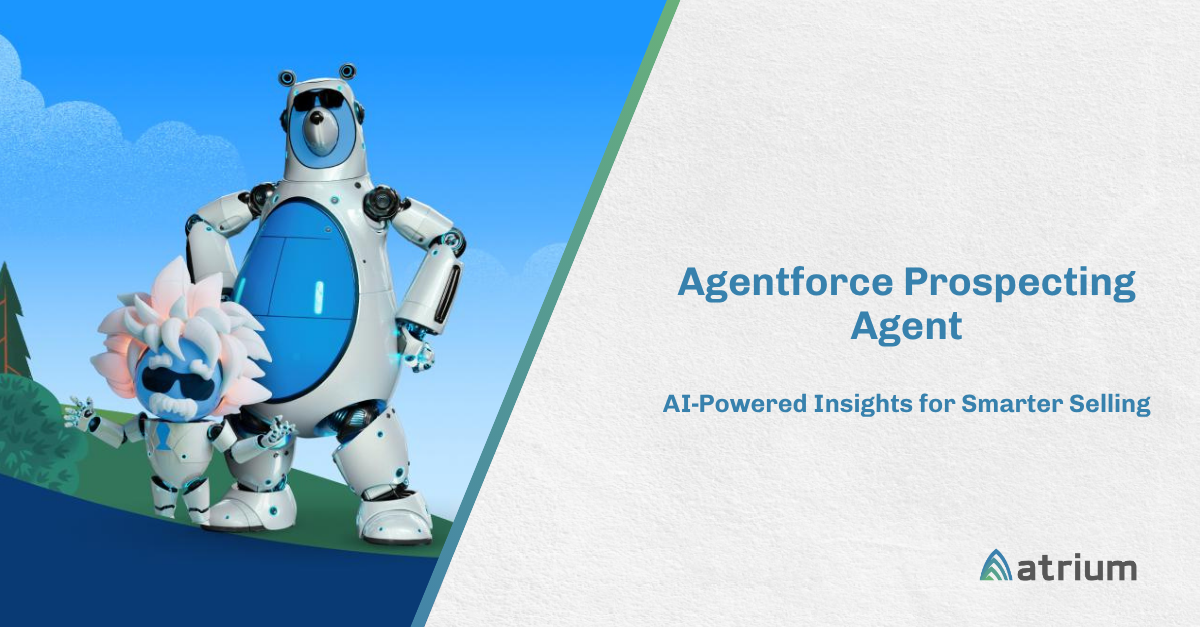When Chris approached me with the idea of Atrium, I was interested from day one. Hearing that Colin and Geoff were also onboard cemented the deal. To me, the team is the most important consideration for starting a company. Whether it’s managing a complex client implementation, directing a company through a rapid growth phase, or entering a new market, this is without a doubt the team I would assemble to solve the wide variety of challenges we will face in the coming years.
Companies today collect immense volumes of data, much of which is never looked at or used. There has been so much buzz about “Data Science” and “Artificial Intelligence” yet the reality of implementing solutions and realizing the potential is daunting. The idea of helping companies change to data-driven cultures where the information they have access to becomes foundational to their businesses is exciting.
Over the last 4 years, I have been working toward a PhD in Statistics. I also spent time teaching introductory statistics to hundreds of undergraduate students, nearly half of whom are business majors. While many of these students will choose jobs in marketing, finance, sales and operations, the basic understanding of the power and appropriate usage of data will be key to their successful careers. Preparing these students to enter the workforce where data is playing an increasingly important role excites me.
Prior to pursuing my PhD, I spent 15 years implementing transactional and data reporting systems for dozens of companies. There were two things that nearly all of these projects had in common. The first was that the technology became a distraction from primary employee responsibilities. For example, a business development manager’s key role is interacting with customer and selling, so any time spent entering data and analyzing reports takes time away from customers. Within every organization there are differing levels of analytical capabilities. Some users can effectively look at and understand the reports and adjust to improve the business, while a large number of users gain little to no value from the information. The second common problem these projects shared was that all reporting was backward looking. The reports and dashboard generated gave a great and often detailed view of what happened, but did not give any indication of what should be changed moving forward.
I have spent a lot of time thinking about how we can take many of the complex statistical and data science ideas and make them widely available to all members of a data-driven organization while minimizing the disruption to employees’ key responsibilities. The value in statistics and data science is to combine a company’s expert knowledge with the available data in a way that leads to outcomes that are better than either piece individually. Often when data and analytics are introduced into established business processes they become a distraction rather than a benefit, taking away both the value of the data and also some of the value of the subject matter expert. Atrium will provide solutions to companies that allow their subject matter experts to spend less time analyzing data, and more time utilizing insights and recommendations generated from their data. Artificial intelligence and machine learning can remove many of the difficult analytical concepts and present the business user with easy to understand recommendations rather than complex historical reports.
Our goal at Atrium is to help companies make better use of the processes, systems and data they have invested in over the last 20 years, and to unlock the potential goldmine of information that can be found in the data that is being collected. I am confident there is no better team to do this than the one we’ve created at Atrium.








